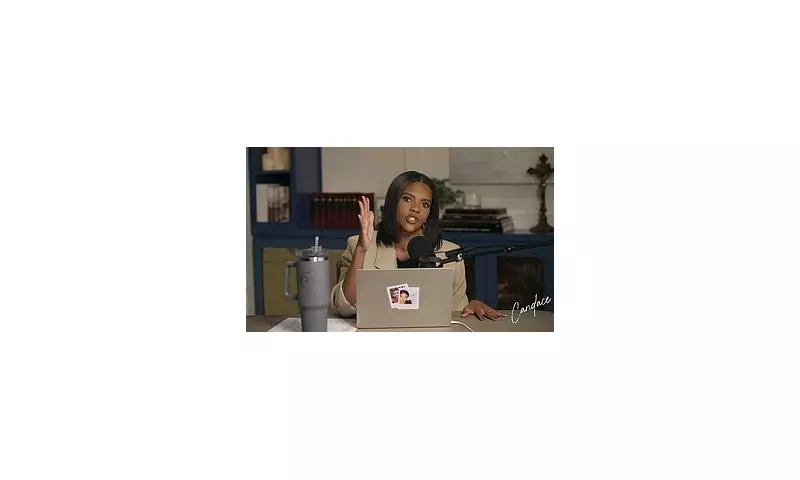
In a dramatic move that's sparked international debate, Australian immigration authorities have officially barred prominent conservative commentator Candace Owens from entering the country. The decision comes amid growing concerns about her inflammatory rhetoric and potential to disrupt social cohesion.
Why Australia Slammed the Door Shut
Government sources indicate the ban follows extensive review of Owens' public statements, which officials determined could "undermine community harmony" and "incite division." The controversial commentator, known for her outspoken views on race, gender, and politics, has repeatedly drawn criticism for positions that many consider inflammatory.
Pattern of Controversial Statements
Australian officials pointed to Owens' history of making statements that directly contradict the country's commitment to multiculturalism and social unity. Her commentary on various social issues has frequently sparked outrage and been accused of promoting harmful stereotypes.
The decision reflects Australia's increasingly strict approach to visitors whose views might threaten public order or social stability. Recent years have seen several high-profile figures denied entry under character provisions of immigration law.
Broader Implications for Free Speech and Immigration
This case raises significant questions about:
- The balance between free speech and social responsibility
- Government authority to exclude individuals based on political views
- The growing trend of countries using immigration powers to police discourse
- International mobility for controversial public figures
Supporters of the ban argue that nations have both the right and responsibility to protect their social fabric from harmful external influences. Critics, however, see it as dangerous censorship that could be weaponised against any dissenting voice.
Global Reaction and Precedents
The Owens case follows similar immigration decisions worldwide, where countries increasingly consider an individual's public statements when assessing entry eligibility. Australia has previously banned other controversial speakers, establishing a pattern of using immigration law to manage potential social disruptions before they occur.
As the debate continues, this decision sets another precedent in the complex intersection of immigration policy, free speech, and social stability in an increasingly polarised global landscape.





